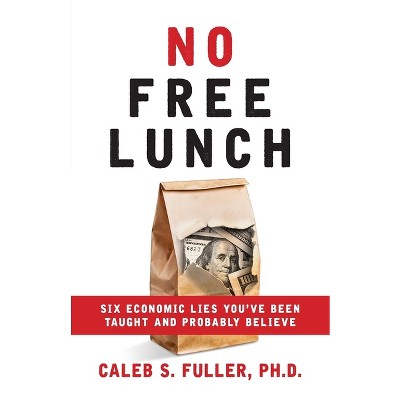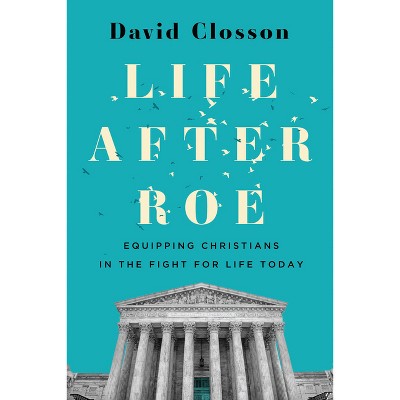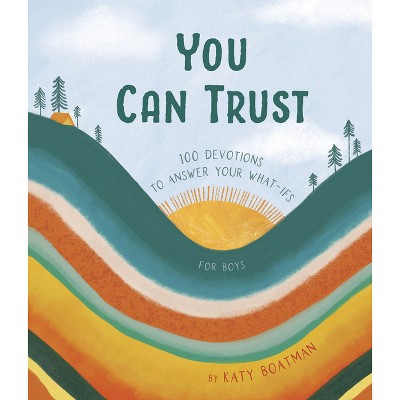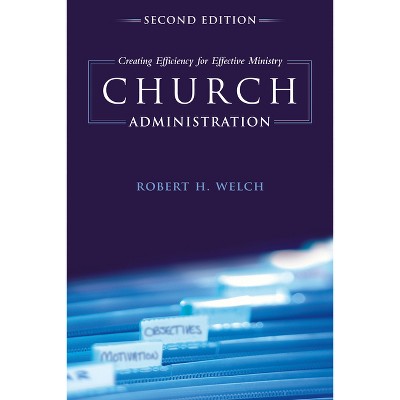Sponsored

Mere Economics - by Art Carden & Caleb S Fuller (Paperback)
In Stock
Sponsored
About this item
Highlights
- When one hears the word "economics," it is easy to conjure up images of charts, graphs, and spreadsheets.
- About the Author: Art Carden (PhD, Washington University) is Margaret Gage Bush distinguished professor of Business and Medical Properties Trust fellow at Samford University's Brock School of Business.
- 320 Pages
- Business + Money Management, Business Ethics
Description
About the Book
Mere Economics points to the basic principles of economic theory with a tone that is conversational and inviting, with the hope that the everyday Christian will not only discover helpful insight into the world of economics, but will find within it the call for responsibility and stewardship.
Book Synopsis
When one hears the word "economics," it is easy to conjure up images of charts, graphs, and spreadsheets. One might think of traders, clamoring to buy and sell various stocks from companies that the normal man has never even heard of or seen. Or, more likely, they might think of accountants, crunching away numbers in a cubicle, trying to balance budgets.
This, however, is not the reality for Art Carden and Caleb Fuller. In their book, Mere Economics, these professors do more than simply discuss the realities of economic theory. They highlight the reality that there is a Christian case for one's involvement in the economy. Mere Economics points to the basic principles of economic theory with a tone that is conversational and inviting, with the hope that the everyday Christian will not only discover helpful insight into the world of economics, but will find within it the call for responsibility and stewardship.
Review Quotes
"The authors have succeeded in their goal of communicating key economic ideas in a clear, accessible, and even entertaining way by cogently weaving Christian perspectives into their 'study of how people expand their options by cooperating.' Mere Economics is a valuable resource for those seeking to improve their understanding of economics from a Christian perspective."
--Robert E. Brooks, emeritus professor of finance, University of Alabama "What a brilliantly titled book (if you don't get it, read the book)! Art Carden and Caleb Fuller have written a book that provides an extremely accessible introduction to fundamental economics, and links it in eye-opening ways to Scripture. They do it in a way that demonstrates deep learning and understanding--not just of economics but also of theology and moral philosophy. This is much more than a text for introductory economics teaching but also a sustained reflection on how Christians may relate to the market order and the theory of this order."
--Nicolai J. Foss, professor of strategy, Copenhagen Business School "Economic truths are more ingrained into our everyday lives than we realize. They allow us to live out our liberties in ways that promote everyone's well-being. In Mere Economics, Art Carden and Caleb Fuller show us that economics is no dismal science. Their achievement is to demonstrate how economics helps us live out our dignity and bolster the dignity of others this side of eternity."
--Samuel Gregg, Friedrich Hayek Chair in Economics and Economic History, American Institute for Economic Research "The Bible tells us to 'love one another, ' but the world is big, and love is scarce. Adam Smith's great insight was that 'the Author of nature' allows us to serve others in markets as if we loved everyone. In Mere Economics we learn the fundamentals of markets and how that system can work for all of us."
--Michael C. Munger, professor of political science and economics, Duke University "Did you think economics was boring or inscrutable--or useless? Then you haven't read Mere Economics. Do you think economics is depressing, immoral, or dismal? Then you need to read Mere Economics. If you do, you may be surprised to discover how much of our lives, both historically and in the present, the simple principles of economics can explain. You may also be surprised how much our lives have improved over the last 200 years, and how much of that economics can explain too. And you may be even more surprised to discover how consistent a sound economics is with Christian principles of dignity, personhood, purpose, and prosperity. Art Carden and Caleb Fuller have done us a great service by explaining economic elements and errors and having done so not just with relatable examples and illustrations but with wit and even humor. An enlightening and engaging book that somehow also manages to inspire. A delight to read!"
--James R. Otteson, John T. Ryan Jr. Professor of Business Ethics, University of Notre Dame "Art Carden and Caleb Fuller provide a concise, creative, and engaging introduction to the 'dismal science' of economics, treating it as anything but dismal. They accomplish their goal: they present the reader with the state of the science in economics, and they provide an excellent model of theological integration with economics, demonstrating how it could be done with other disciplines. Highly recommended!"
--Scott B. Rae, dean of faculty, Talbot School of Theology, Biola University "Free enterprise is once again under fire. After a brief disorientation that followed the fall of the evil empire, much of the left has returned to advocating many of the policies that failed in the past. More recently, large parts of the right have been seduced by the siren song of protectionism into rejecting the economic system that made America the most powerful and richest large country in the history of the world. Mere Economics should be read by those who wish to understand the true economic reasons for America's greatness."
--Marian L. Tupy, senior fellow, Center for Global Liberty and Prosperity, Cato Institute
About the Author
Art Carden (PhD, Washington University) is Margaret Gage Bush distinguished professor of Business and Medical Properties Trust fellow at Samford University's Brock School of Business.
Caleb S. Fuller (PhD from George Mason University) is associate professor of economics at Grove City College, research fellow at the Independent Institute, and faculty affiliate of the Program on Economics and Privacy at the George Mason University Scalia Law School.Shipping details
Return details
Trending Non-Fiction











